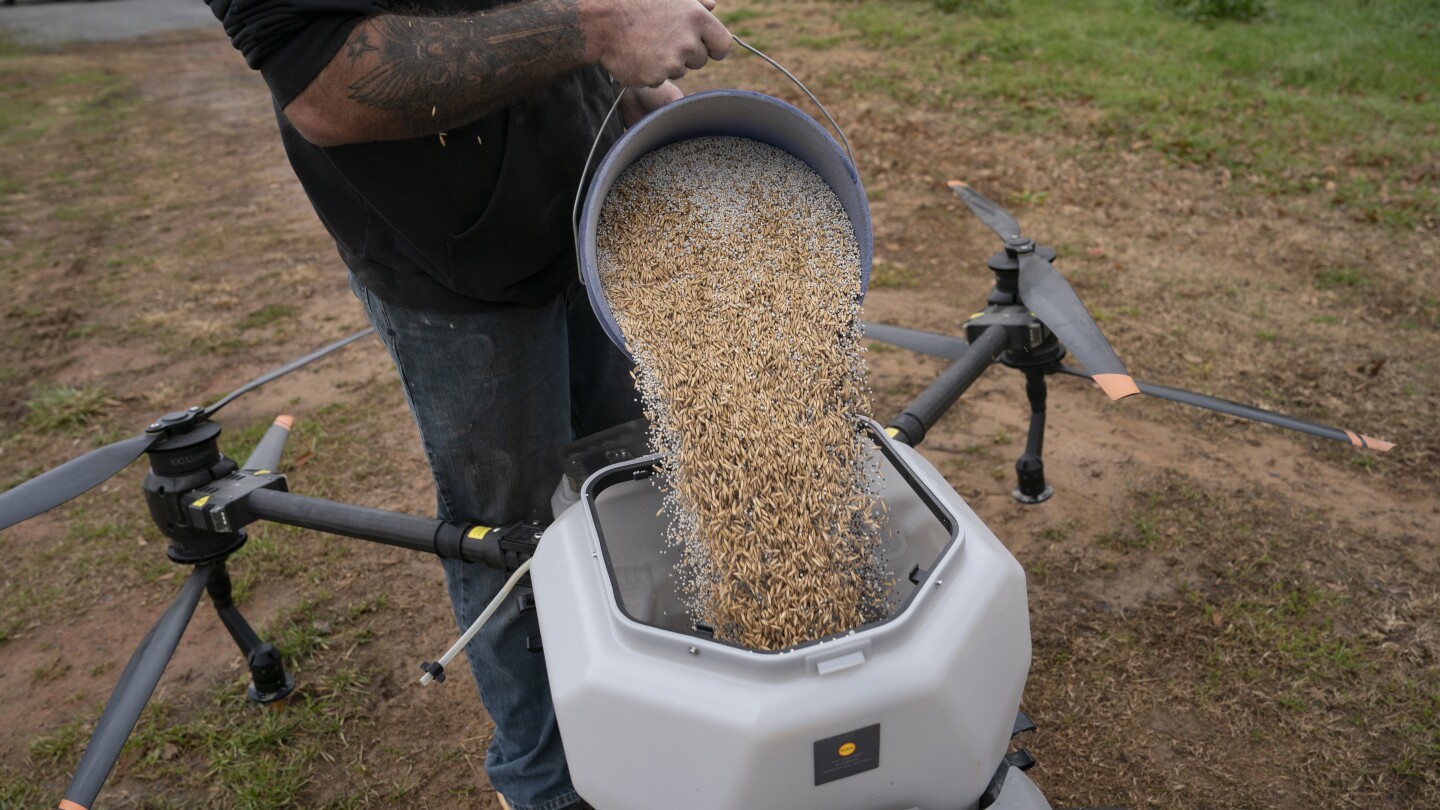Many of us have had the displeasure of hearing the smug motto “if you’re on time, you’re late.” At least Fortune has while doing man-on-the-street interviews in the corporate desert known more commonly as the Financial District in New York City. But it seems as if the expression could be growing just as outdated as “the bees knees.”
The rules of work were thrown into the air when the pandemic first struck, like a game of 52-card pickup. And office workers found themselves at the epicenter of many new debates. When people can work from home or in an office, what does “getting in late” really mean?
Only 14% of employees cite punctuality as the most important workplace manner, according to Monster’s August survey of more than 1,000 workers.
“I was surprised that number was so low,” Vicki Salemi, career expert for job-recruitment company Monster, told Fortune. Pointing to a whopping 76% of respondents saying that being consistently late to meetings was one of the top five rude behaviors, she notes that 14% figure “seems especially low since it falls under the umbrella of punctuality.”
Furthermore, only 51%—or one in two employers—emphasize workplace punctuality, per Monster’s poll. Perhaps lateness slips through the cracks easier unless there’s a group project. “If there is a meeting, whether the employee is remote or on-site, their tardiness is more easily detectable when there’s a hard start and everyone is already present but you,” added Salemi.
Instead, the top five irritating behaviors and the number of workers who found them the most annoying are as follows:
-
Not cleaning up after oneself (88%)
-
Gossiping (81%)
-
Using inappropriate language (78%)
-
Being unresponsive to messages (77%)
-
Consistently being late to meetings (77%)
Indeed, people may not care when you clock in unless it starts to eat into their time. Employees “may be fine with their coworkers coming in late, but if it impacts their ability to be productive, it’s extremely frustrating,” Jennifer Moss, author of Unlocking Happiness at Work, told Fortune.
New way of working comes with slightly different hours
Jen Fisher, global expert on wellbeing at work, noted there’s a general trend towards the loosening of strict punctuality over the last five years—which, of course, varies based on one’s sector and industry. She attributed this phenomenon, in part, to the rise of flexible and distributed work.
“With the increasing adoption of remote and hybrid work models, especially accelerated by the COVID-19 pandemic, the concept of a rigid 9-to-5 workday has become less relevant for many,” she said. The focus on effectiveness over simply showing up, changing workplace cultures that emphasize work-life balance, and technology that enables asynchronous work, also feed into this trend, Fisher noted.
Looking anecdotally at the bigger picture, “it seems that people may care the same or slightly less about punctuality over the last five years,” added Salemi. Everyone is doing their own thing, more or less. “You may not be as cognizant of your coworkers’ schedules or lose track if they’re in the office or working remotely that day, there’s more flexibility in where we work and when,” she explained.
“I see this as an opportunity to rethink what punctuality means,” said Moss, pointing to how some workers, specifically women, might be late due to childcare duties. “If there are fair reasons for being late and it’s not impacting others, we can relax the expectations. It’s when we’re burdening someone else that causes the most concern.”
Of course, some bosses have responded to this scattered workflow with a heightened level of paranoia as they emphasize presentism, turning to mandates or tracking productivity. “Even though that needle may have moved slightly, it’s still important to be on time,” said Salemi, adding that it signifies a message that “you do not care.”
Experts agree the rules change based on the sector: For instance, teachers or healthcare workers might not be given the same liberty to roll in whenever they want. The same goes for those with hourly jobs in the service sector. Those in higher seniority roles across the board, though, might have a bit more leeway to come in late.
Maybe the best rule of thumb isn’t to throw the rulebook out entirely, even if it is a little silly. Perhaps it’s about being strategic with your tardiness, as one person said in Fortune’s street interview who said being late is arriving “after your boss.”
This story was originally featured on Fortune.com

















